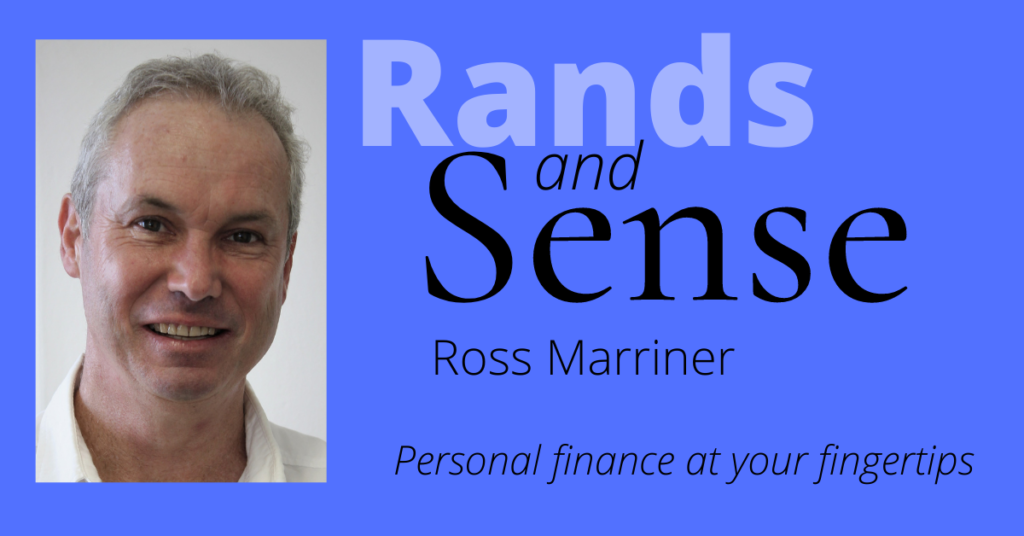By Ross Marriner
20 May 2024 was Tax Freedom Day, which according to the Free Market Foundation, was the day
when the average South African taxpayer had earned enough money to fulfil his or her annual tax
obligation. Put differently, if all taxpayers had to pay their taxes up-front instead of paying a portion
every month, they would have to pay everything they earned to Government until Tax Freedom Day.
Only after reaching this date would they be able to spend any of their earnings on themselves and
on their families.
Tax Freedom Day was first calculated in the United States in the 1940’s and, ever since, statisticians
have calculated this event every year to determine how it changes from year to year and from
country to country. In 2018, Tax Freedom Day fell on 13 May in South Africa and on 29 May in the
United States and the United Kingdom. As individuals, we each have our own specific day where we
no longer work for the Government. This is because of the different levels of income we earn. It
takes high income earners longer to reach their Tax Freedom Day than low income earners and the
unemployed.
A portion of virtually every person’s disposable income is extracted by Government in one form of
tax or another, be it income tax, VAT, the fuel levy or any of a number of other forms of taxation. As
citizens, we trust the Government to put this money to good use on our behalf by spending it in
critical areas such as health, education, justice, security and infrastructure etc, and to not allow it to
be wasted or disappear through corruption.
You have the right to structure your financial affairs to minimise the amount of tax you are obliged
to pay over to SARS. However, there are strict boundaries within which this can be done. The line
between tax evasion, which is illegal, and tax avoidance, which is perfectly legal, is sometimes very
thin. High-profile cases are constantly being reported in the press where individuals cross this line.
Many people end up paying more tax than they are obliged to because of a lack of planning or from
a lack of sound advice. As a result, they end up deferring their personal Tax Freedom Day. In some
instances, they do not take advantage of the various tax-saving financial planning opportunities that
are available. Making contributions to a retirement annuity and to a tax-free investment are
effective ways to reduce the amount of tax you are obliged to pay. Other common mistakes are not
having a properly drafted will and a lack of an appropriately structured estate plan. These could
result in unnecessary taxes and death duties having to be paid by your estate.
An experienced Certified Financial Planner® will be able to assist you to make sound financial
decisions with regard to investing your hard-earned money in ways that are tax-efficient as well as
effective in terms of your overall estate plan.
Rands and Sense is a monthly column, written by
Ross Marriner, a CERTIFIED FINANCIAL PLANNER® with PSG Wealth.
His Financial Planning Office number is 046 622 2891



